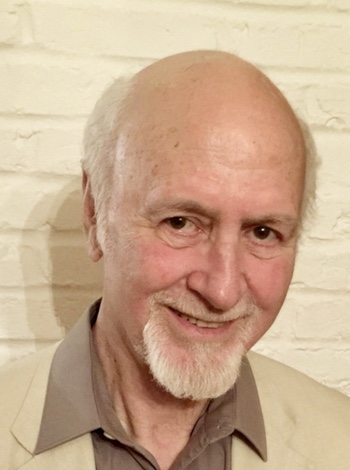I’m glad this question is about education not schooling. I used to teach Philosophy of Education and the distinction is essential to any serious thinking about education policy. The schooling part is easily told. I grew up in the Bronx, skipped the eighth grade and went to the Bronx High School of Science. Then on to the City College of New York, a free public college, where I did a double major in Economics and Philosophy. Then to the University of Michigan for a doctorate in Philosophy and then back to school for a Masters in Public Affairs. Education was different. Some in school and lots from life. In school, Aristotle, Dewey, Galbraith, Sartre, the early Marx were all important. Real world: - My father, who was a garment worker and a socialist, and an immigrant. - My uncle who had less money that we, and was happier. - A summer community where Normal Thomas gave the Labor Day speech (I still belong). - The first teach-in against the War in Viet Nam. - Some teachers who were role models. - Running a peace organization for 29 years, - Engaging with terrorists, Arafat, Habash, Haniyeh. - Engaging with members of Congress, occasionally one I truly respected, such as Donald M. Fraser of Minnesota whom I worked for. - Meeting top leaders such as Shimon Peres, and Abba Eban, and Prime Minister Olmert – and being impressed by some and not others. - My students in ten years of teaching the Bible - And Genesis 18:25 when Abraham says to God, “Shall not the judge of all the Earth deal justly?” which shows that the perspective of the Bible is that morality precedes God, and that most of organized religion does not understand the Bible, which is very instructive indeed.
- Taught Philosophy at University of Pennsylvania. - Worked on Capital Hill for four years including two on House Budget Committtee. - Ten years in USAID on international development, especially basic human needs. , - Twenty years at Institute for Philosophy and Public Policy in the School of Public Affairs, U of Md. - 29 years as Director of The Jewish Peace Lobby.
